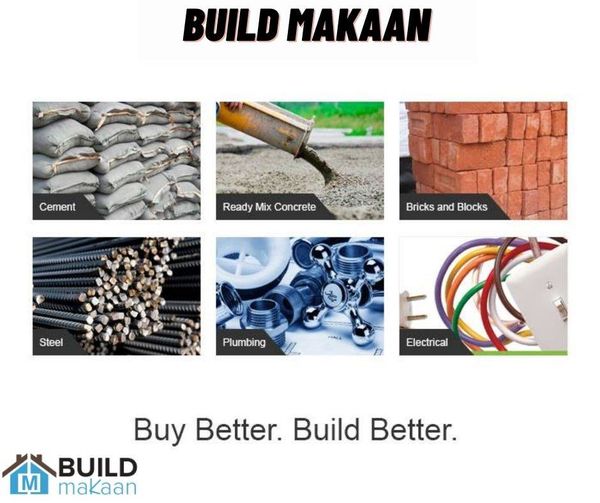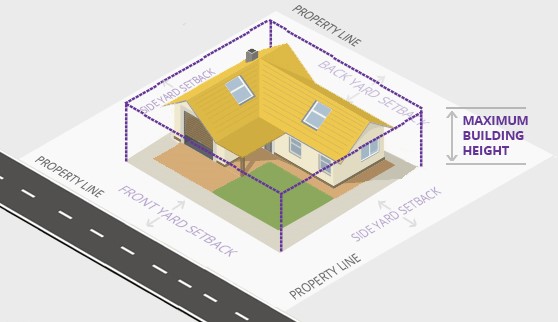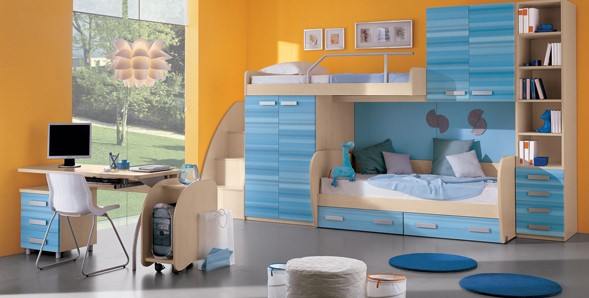There are many Building materials and supplies that you need to buy if you plan on building your home, renovating your current home, or working on any other construction projects in the future. You might not know what to look for when you go shopping, so it’s important to take the time to read up on the topic so that you know what questions to ask and what questions to avoid asking to get the best deals possible. With that in mind, here are 10 Tips For Buying Building Materials And Construction Materials
- Keep it simple
- Don’t buy cheap
- Buy brand names that are trusted
- Look for quality in each step of the supply chain
- Check reviews online (not all are created equal!)
- Consider everything you need
- Calculate returns (e.g. windows vs skylights, the cost-effectiveness of materials, etc.)
- Test samples before buying larger quantities
- Ask yourself what comes first when planning your project, then get those materials first (i.e. flooring before cabinets, etc.)
- Install properly – don’t cut corners
1) Keep it simple
One of the biggest mistakes people make when remodeling is trying to fix everything at once. That will typically leave you with a house that’s unlivable for weeks, if not months. It’s better to build in the downtime between projects than try to tackle too much at once. For example, even if your kitchen and bathroom are outdated, don’t replace them both at once. You want to avoid living in a construction zone while also keeping things affordable by spreading out your home improvement rupees over time.
2) Don’t buy cheap
It’s natural to want to find good deals on construction materials. But buying cheap building materials can lead to wasted money, lost time, and higher costs down the road if you have to replace products that don’t perform as advertised. Instead of opting for a cheap option, do your research. The extra time it takes will be well worth it when you know you’re getting quality building materials at a reasonable price.
3) Buy brand names that are trusted
While brands with a recognizable name might cost more, they are often of higher quality than less-known brands. Therefore, it’s important to do some research on these products before making a purchase. See how they fare in terms of durability or quality so you can make an informed decision. When possible, purchase from a trusted source that has been around for years. A brand is only as good as its reputation, so be sure to investigate any unfamiliar names before buying materials from them. top brand in the market:- Ambuja cement, ultratech cement, tata steel, jk cement, Jindal steel, or many more brands available in the market, try to buy all building materials with buildmakaan. in or your area near the trusted dealer.

4) Look for quality in each step of the supply chain
You’re going to rely on the quality of your contractors, so why not ensure that their building materials are up to snuff? That’s why it’s crucial to research suppliers (both online and offline), check their professional association affiliations, ask questions about warranties, visit their showrooms and speak with representatives. buy online trusted websites like buildmakaan. in, amazon. in, ambujacemant.com or buildmakaan.com
5) Check reviews online (not all are created equal!)
You have to do your research when buying products online. Online reviews are an important part of every purchase process—even if you’re purchasing from a brick-and-mortar store—because they can help you discover experiences similar to yours and avoid others that seem negative. If you want to know whether someone had a good experience with a brand of building supplies, make sure to check out what other people say about it on buildmakan.in Amazon, on YouTube, or anywhere else people are reviewing these products!
6) Consider everything you need
Don’t buy anything without a purpose. The first thing you need to do is consider all your needs—that means everything, right down to staples like paper clips and rubber bands. Just because something is on sale doesn’t mean it has a purpose in your office or home; if you don’t need it now, don’t let it catch your eye. If a project never comes up, donate or sell what you purchased later on.
7) Calculate returns (e.g. windows vs skylights, the cost-effectiveness of materials, etc.)
Determining which of two or more items will be more cost-effective to install isn’t always easy. It depends on factors like your location, the climate where you live, how much light you want to bring into your home, etc. To decide whether windows or skylights will ultimately give you a better return on investment (e.g., lower cost vs increased energy efficiency), consider these factors: The window space in your house: How much sunlight do you want to let in?
8) Test samples before buying larger quantities
Just because you see other people buying a product doesn’t mean that you should follow suit. Instead, test out samples of building materials before purchasing larger quantities. This can save you thousands of rupees in unneeded expenditures. And if something does work well for you, it’s cheaper to purchase larger quantities anyway. As a general rule, do not buy more than 10% of what a supplier has on hand at any given time; stock rotates frequently, especially when sales reps visit.

9) Ask yourself what comes first when planning your project, then get those materials first (i.e. flooring before cabinets, etc.)
When planning a project, it’s easy to get lost in a list of what you need (cabinets, flooring, etc.) but just as important to know what comes first. Before you go shopping for materials, have an idea of what direction your project is headed so that you can purchase materials in logical order. For example, if you plan on installing cabinets before laying tile floors; make sure to purchase cabinet doors before purchasing tile.
10) Install properly – don’t cut corners!
You get what you pay for. A cheap set of cabinetry might look good initially, but corners were cut when it was made, so it won’t last as long or be as sturdy as one that cost more. It might not be a huge deal if you’re building out an addition to your home, but it can mean a world of difference in commercial construction. You can end up replacing some parts before they should need to be replaced, which is wasteful and an unnecessary expense.






Leave a comment